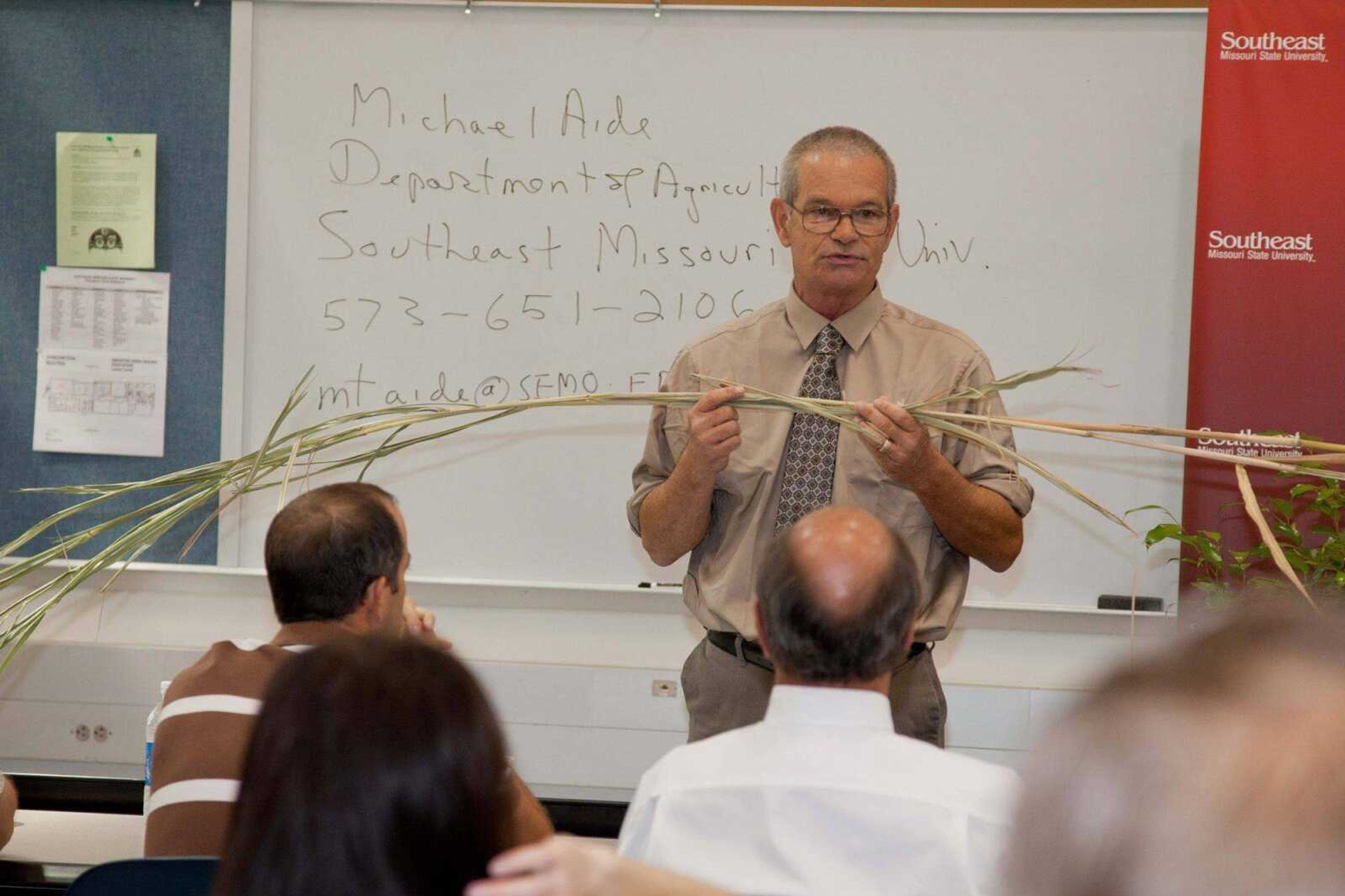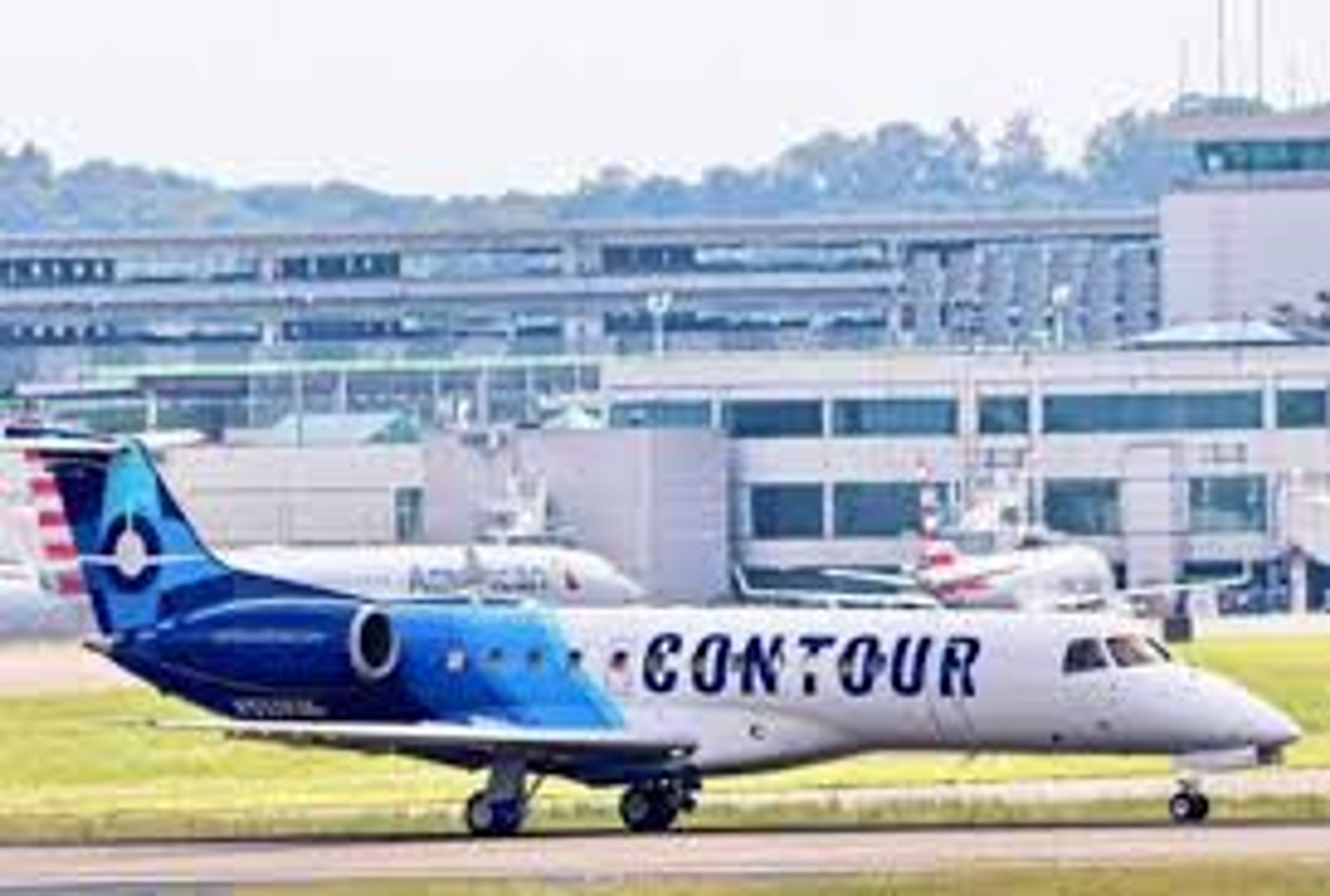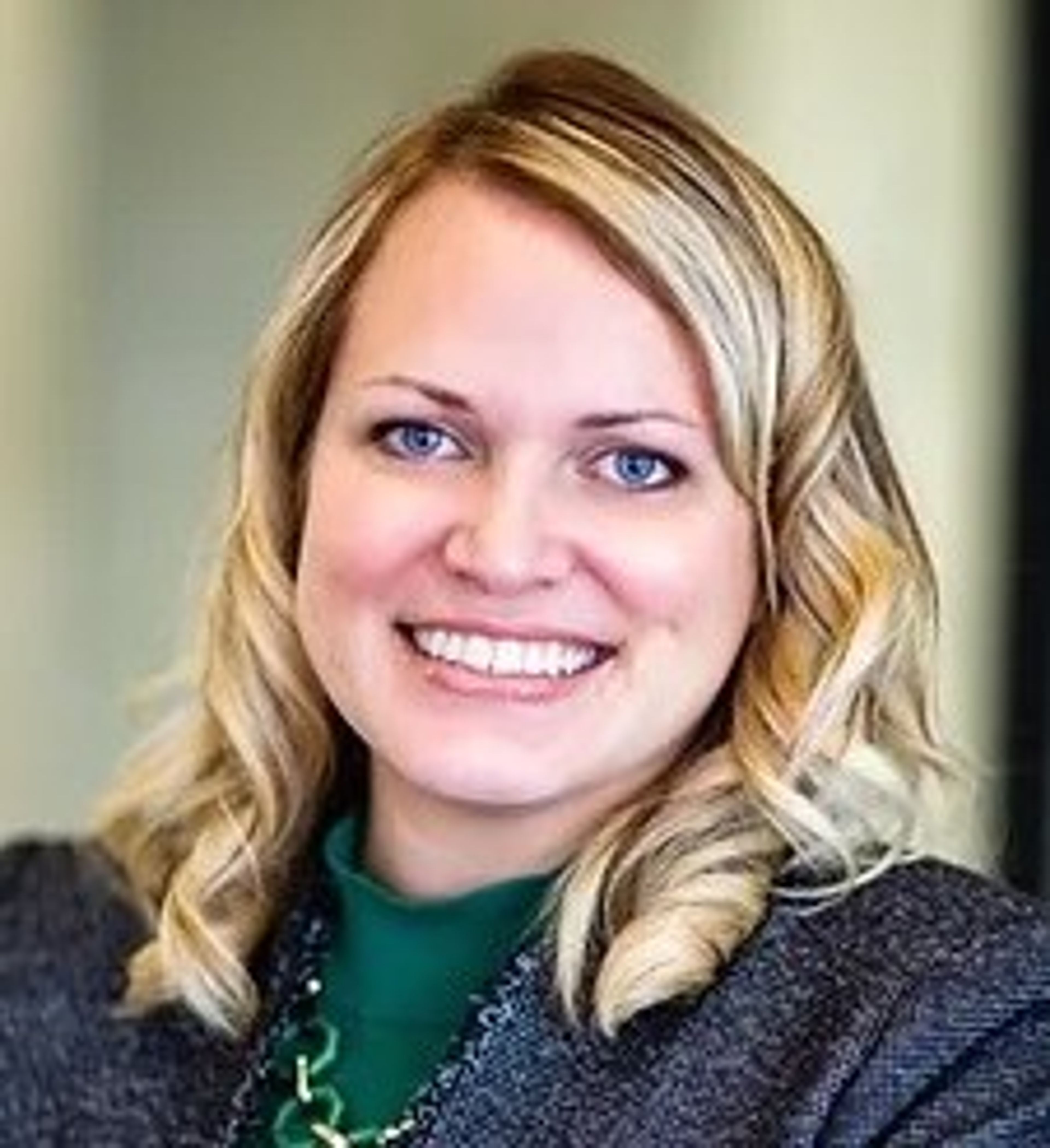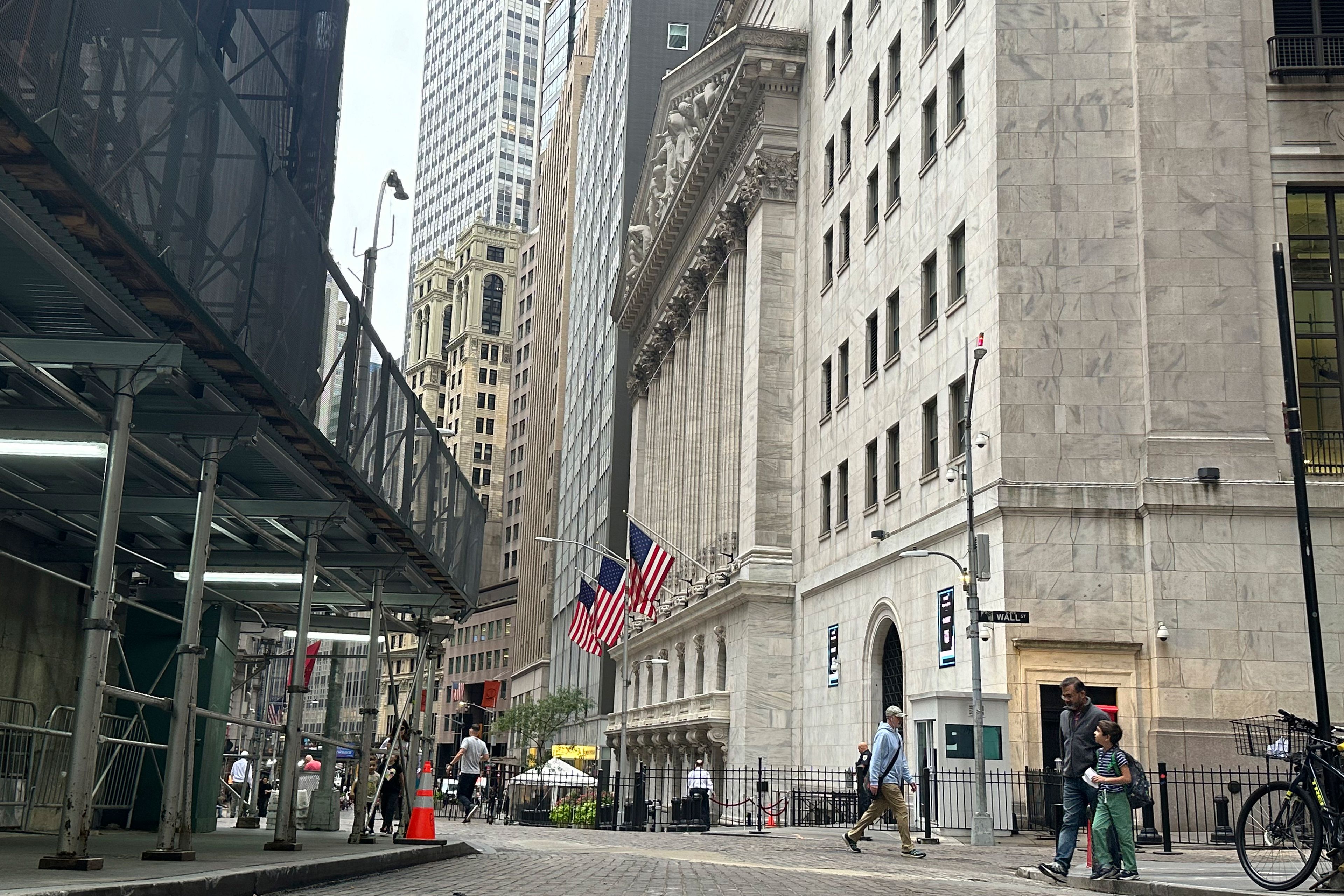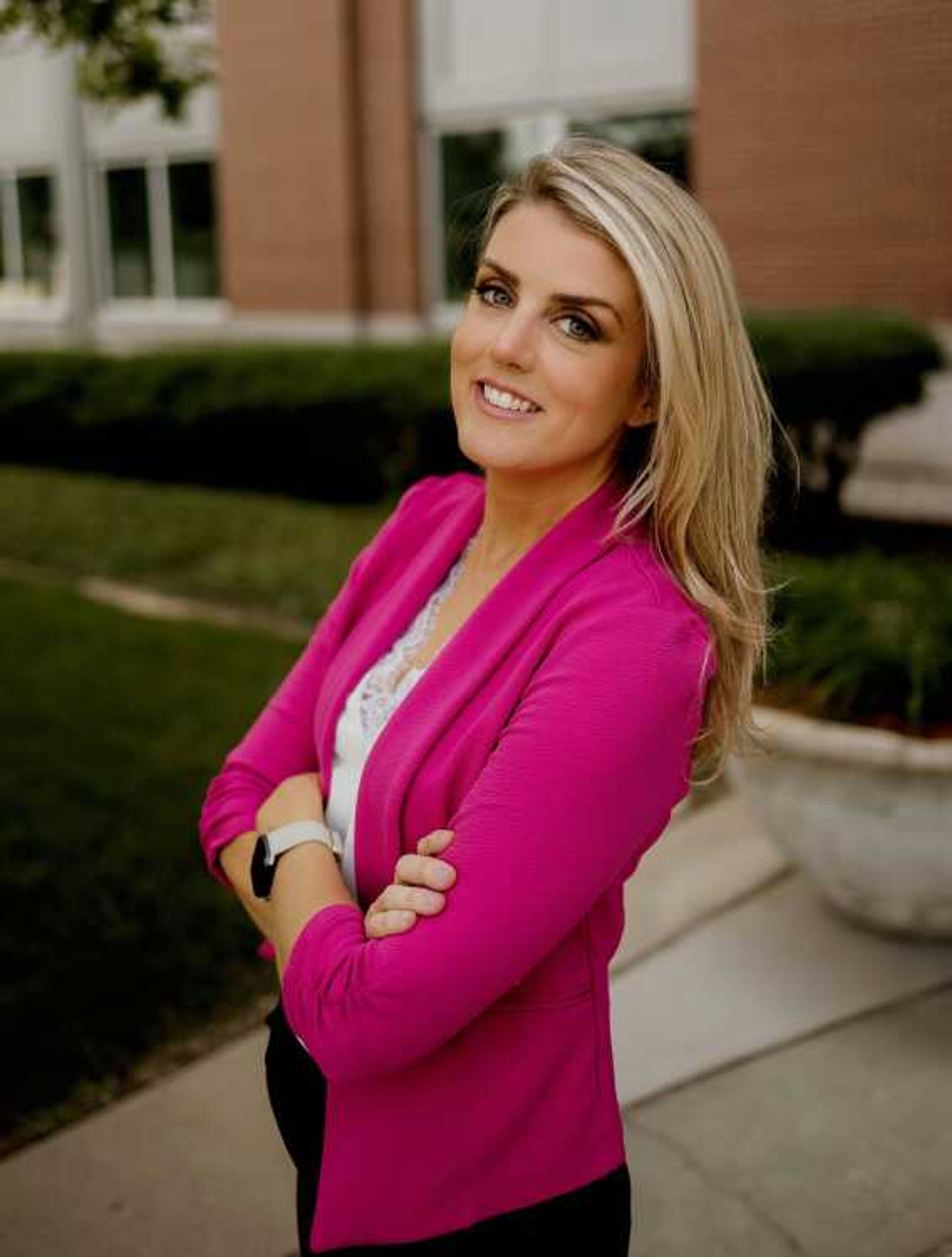Growing up in Wisconsin, Mike Aide realized that "the coupling of science and production agriculture is the solution." So he pursued that path, earning degrees in chemistry and mathematics from the University of Wisconsin-Platteville and in soils from the University of Wisconsin-Madison, then followed up with a master's degree and Ph.D. in soils specialization. He joined the faculty at Southeast Missouri State University in 1982, and now serves as the chairman of the agriculture department. In that role, he continues to combine science and farming, overseeing such endeavors as the Biomass/Biofuels Research and Demonstration Field at Southeast's Sikeston campus and DNA sequencing at Southeast's Beef Research Facility.
Business Today: Southeast recently opened a Biomass/Biofuels Research and Demonstration Field in Sikeston: Tell me a little about that.
Mike Aide: The Biomass/Biofuels Research and Demonstration Field is a research and demonstration facility designed to learn how to profitably grow selected new crops that have substantial potential to supply energy or act as a source of feed stock chemicals for the petrochemical industries. The challenge is to become energy independent as a nation and to provide options for farmers to profitably participate in the new agriculture.
BT: What role do you think biomass and biofuels will play in the future of farming in Southeast Missouri?
Aide: The biofuel industry is already a portion of the region's agriculture, whereas biomass is a major new agriculture venture where fields convert the energy of solar radiation into stored chemical energy and the outcome is that the entire plant (rather than the grain) is converted into fuels or chemicals for industry.
BT: How does research done by the university benefit farmers? How does the department work with local farmers?
Aide: First, Southeast Missouri State University partners with the University of Missouri and Lincoln University to further the farm profitability of our region. The faculty at Southeast are determining how to profitably grow new crops to our region, such as sweet sorghum, canola, sunflowers, switch grass and others.
BT: Enrollment in Southeast's agriculture program is growing -- what factors do you think contribute to that?
Aide: Agriculture is the only sector in the U.S. economy that, for the most part, did not experience the recent recession. We also placed our agriculture program at Southeast Missouri State University at Sikeston, Malden and Kennett, Mo. Our fine students in the Bootheel are able to work in their local communities and participate in their agriculture studies.
BT: Will this summer's drought have implications for next year's crops? If so, what are they?
Aide: The largest concern is twofold. No. 1: will the drought continue or resurface, and, No. 2, will the market structures continue to hold. On the second item, I think they will, as carry-over stocks will be very low.
BT: I know rice production is increasing in Southeast Missouri; in what other ways are farmers diversifying their crops and livestock?
Aide: Potatoes for potato chips, peanuts, new vegetable farms, soybeans intended for high-quality planting seed, canola and sunflower are all new cropping enterprises that have begun. New companies are currently constructing local processing facilities for most of these crops.
BT: How are environmental regulations presenting new challenges to farmers in Southeast Missouri?
Aide: Southeast Missouri State University, along with our partners at the University of Missouri and Lincoln University, are collectively working with the USDA-Natural Resources Conservation Service to provide farm stewardship practices to protect our soil and water resources. The agriculture sector in the U.S. spends more on environmental research than all of the other economic sectors combined.
Connect with the Southeast Missourian Newsroom:
For corrections to this story or other insights for the editor, click here. To submit a letter to the editor, click here. To learn about the Southeast Missourian’s AI Policy, click here.
